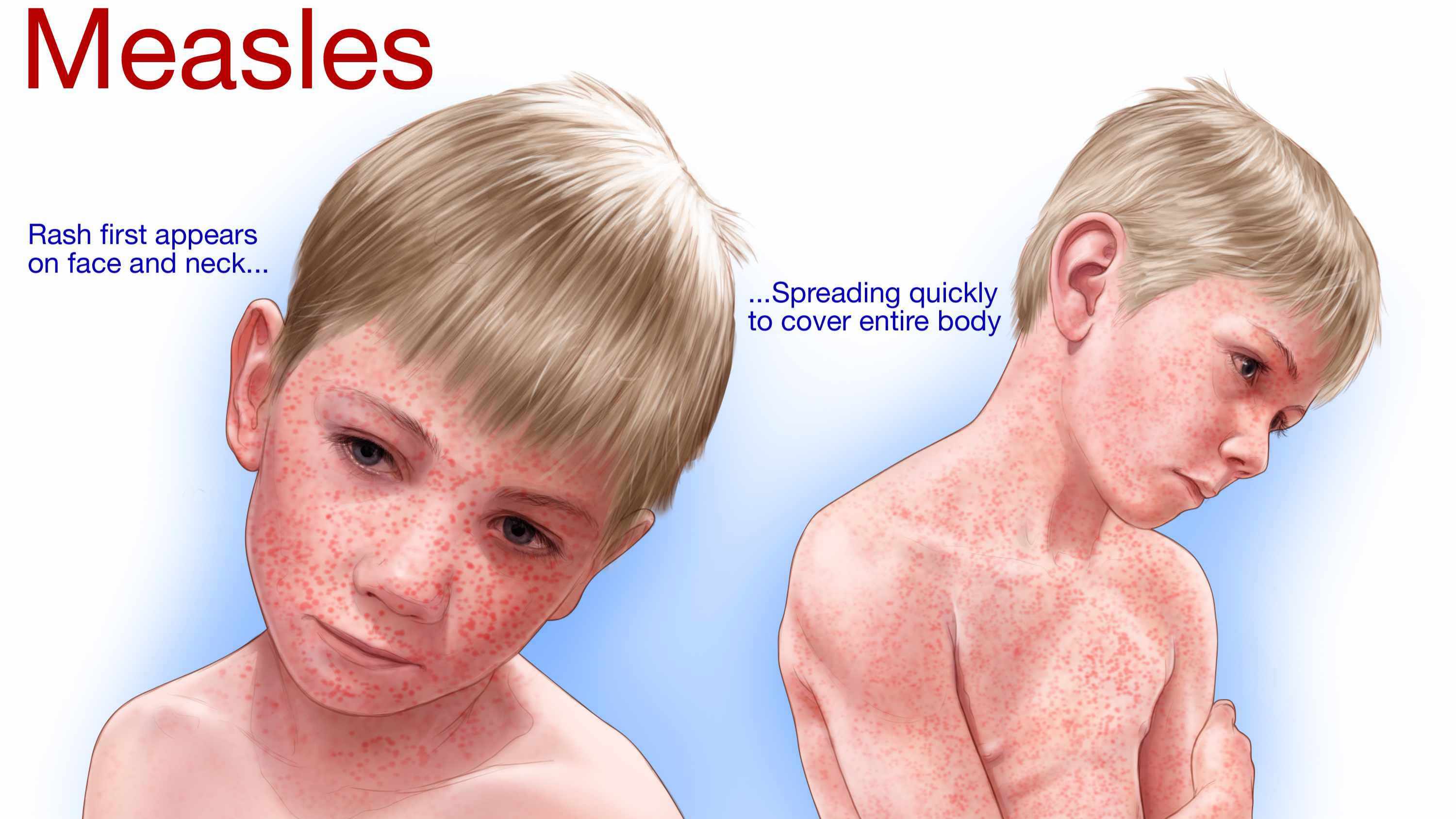-
Featured News
Infectious Diseases A-Z: Measles cases surge in Europe

Poor vaccination rates are thought to have led to a measles epidemic across Europe, especially in Italy, Romania and the Ukraine, according to the World Health Organization (WHO). More than 21,000 people across Europe were affected with measles in 2017 – nearly four times that of 2016. "Measles is amongst the most infectious agents we know," says Dr. Pritish Tosh, an infectious diseases specialist at Mayo Clinic.
Watch: Dr. Pritish Tosh discusses measles
Journalists: Broadcast-quality sound bites are in the downloads.
"Measles is a viral disease that, before vaccination, used to affect children across the world," says Dr. Tosh. The highly contagious virus is spread when an infected person coughs or sneezes. A person infected with measles can spread the virus to others for about eight days.
The measles, mumps and rubella (MMR) vaccine is recommended for all persons 12 months of age and older. Dr. Tosh says, "The vaccine is very safe and effective in the groups of children for whom it is recommended, and there are very few children for which it is not recommended."
"The vaccination confers really strong protection; however, we have been seeing an increased amount of kids who are not being vaccinated — not because they have contraindications to the vaccine, but out of the choice of their parents. And these decisions are often not based on good science," says Dr. Tosh.
The measles vaccine has been available since the 1960s. WHO says that, before the widespread availability of the vaccine, measles caused an estimated 2.6 million deaths globally each year.
The Centers for Disease Control and Prevention (CDC) recommends that children get two doses of the MMR vaccine — the first at 12 - 15 months and the second before entering school at 4 - 6 years.
In 2017, 118 people in the U.S. had measles, compared to 86 people in 2016, the CDC reports. The U.S. experienced a record 667 measles cases in 2014.







